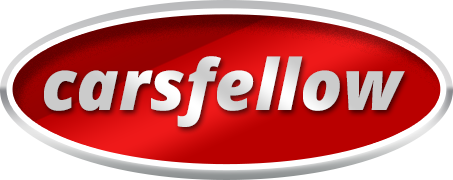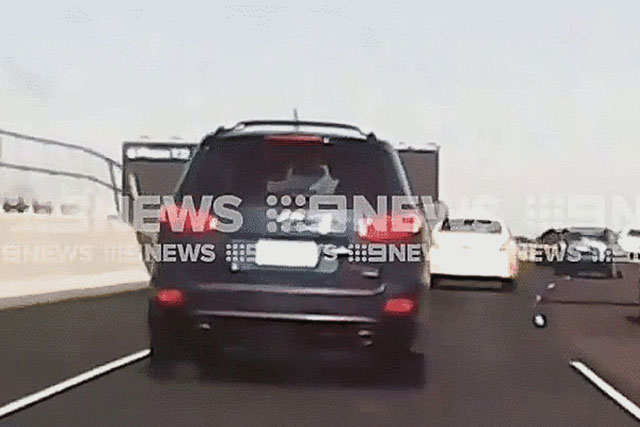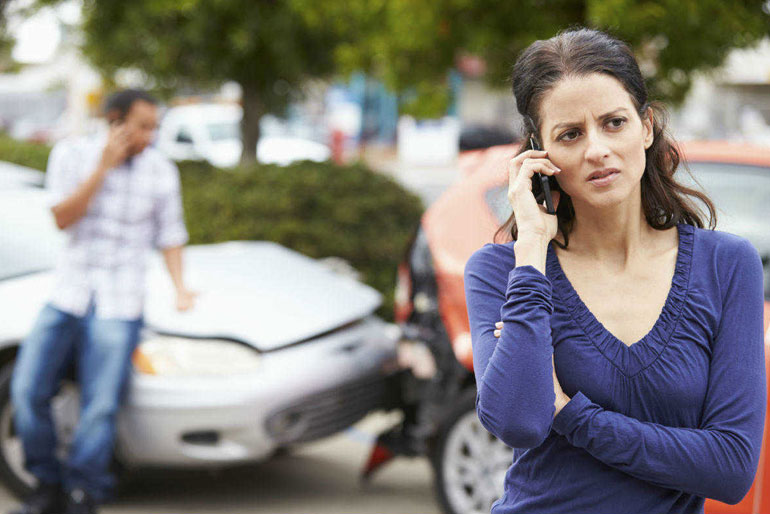Buying a car is one of the most important financial decision that you will make, second only to purchasing a house. This is true, especially if you’re someone who’s in a tight budget and wants to buy a second-hand car.
It’s always a challenge for people to buy a used car since not everyone is well-versed in determining the extent of a vehicle’s wear and tear. So let’s say you’re someone who has done their research and has chosen Hyundai as your brand of choice.
Hyundai is a good pick for someone who’s looking for a second-hand vehicle as the company is known for making durable, reliable, and affordable vehicles. And now that you’ve determined which brand to go for, the next thing for you to do is to visit the site of the top Hyundai dealership in Rochester.
But before buying one, here are some questions to ask yourself:
Questions #1
Where Did The Car Came From?
Although you might think that starting off with checking the vehicle’s mileage or looking out for red flags is a good idea, it’s best to determine first where the car came from.
A car that came from a city that has poor road quality might have a far less desirable condition compared to a vehicle that came from a place with smooth streets. For instance, a used Hyundai Accent from Rochester might have less damage to its shock than a car that came from Detroit.
Determine the quality of city roadway by:
- Visiting online forums where people usually voice their complaints or praise the quality of a city’s streets.
- Search for construction projects on the web and see if the local government consistently maintains the quality of their road .
- If possible, asked friends, relatives, or acquaintances the road condition of the place where the car originated.
Questions #2
What’s the Vehicle’s Mileage?
A car with high mileage usually needs more parts to be replaced. It also tells you how old the car is and the amount of usage it has seen.
Here are specific details that you should consider when checking a car’s mileage:
- Consider a car with mileage less than 60,000 km.
- Check the pedals and the steering wheel of the vehicle to see how worn out they are.
Questions #3
What’s The Vehicle’s History?
Checking the vehicle’s history can provide vital information on how the previous owner treated the car. It also gives you an idea if it has been involved in some sort of accident or illegal activity.
Obtain a car’s history by:
- Asking the owner for the car’s VIN. After receiving, run it through the National Insurance Crime Bureau database to determine if it was stolen. This is a free tool to use so feel free to check.
- Acquire a history report by using the free services of vehicle research companies like Carfax. This should give you an idea whether the car has been in an accident or not, as well as claims that were filed associated with the vehicle.
- Obtain from a maintenance report to determine if the car has been appropriately taken care of in the past. However, some might fail to provide this document, as they may have done the maintenance themselves. This is fine as long as they can prove they’ve done it correctly.
Questions #4
Does the Car have Hidden Damages?
Even though you’re someone who isn’t an expert on cars, you can still look out for red flags that might spell out past damages that have been covered by the previous owner. Most of these might be minor damages, but be thorough just in case.
Watch out for:
- New paint for an eight yea old car. Is a telltale sign that the seller is covering something up.
- Putty, bents, scrapes, and inconsistent paint on the vehicle’s body
- The seatbelt, windshields, washers, dome lights and especially the AC if they are all working properly.
- Hood and see if there’s filler on the engine block.
- All four of the wheels, if it is matched.
Questions #5
What do I Check For When Test Driving The Car?
Test driving a used car might be the most important thing that you can do when buying one. But don’t just simply drive around the area, do some simple checking during your run.
What to look out for during a test-drive:
- Turn the steering wheel entirely on both sides and see if there’s resistance or a knocking noise
- Accelerate and hit the brakes suddenly to perform a mocked panic stop
- When speeding, listen for any unusual sounds coming from the engine. If possible, bring someone who is an expert on spotting these irregularities.
Closing Thoughts:
Buying a second-hand car can often be daunting, especially if it’s your first purchase. However, with a bit of luck and well-researched information, you can walk away from a deal with a car that can serve you for years to come.







